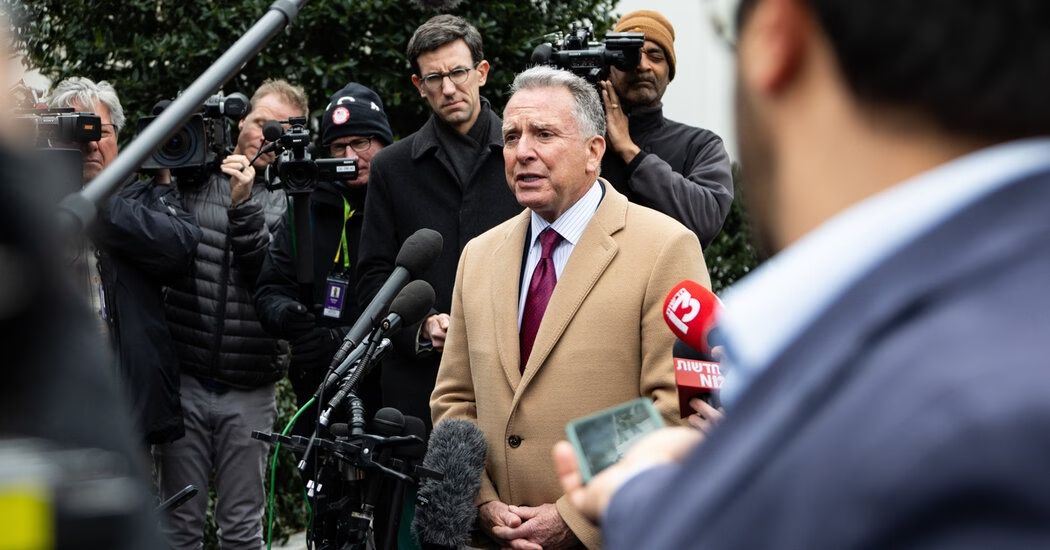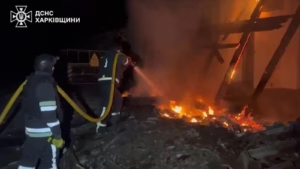The intelligence chiefs’ upcoming testimony on the global threat assessment for President Trump’s second term presents a difficult choice regarding their stance on Russia and its leader, Vladimir Putin. The officials will have to decide whether to maintain their long-held assessment that Putin aims to undermine the United States and the West or to adopt a more conciliatory view that aligns with Trump’s and his negotiators’ characterization of Putin as a trustworthy partner who wants to end the conflict in Ukraine and strengthen ties with the US.
This dilemma has become particularly apparent as Steve Witkoff, one of Trump’s close friends and a chosen envoy to the Middle East and Russia, has been echoing many of Putin’s preferences. In an interview with pro-Trump podcaster Tucker Carlson, Witkoff dismissed European concerns about Russia, arguing that the idea of Russia marching across Europe is “preposterous” and suggesting that Putin does not seek to take full control of Ukraine but rather aims for stability there.
Witkoff’s views conflict sharply with the longstanding consensus that Russia poses a significant threat to the United States and its allies, a consensus that formed over years of Russian aggressive actions such as invading Georgia, annexing Crimea, and supporting separatists in Donbas. It also clashes with the apparent unwillingness of the Trump administration to recognize Russia’s invasion of Ukraine and its open disagreements with European leaders on the subject.
Trump’s intelligence agencies have given no indication that their assessments of Putin have changed, leaving it uncertain how the new Director of National Intelligence, Tulsi Gabbard, and the new CIA Director, John Ratcliffe, will balance the portrayal of Russia as both a current adversary and a potential partner. The shift in American policy towards Russia has raised concerns among intelligence officials and diplomats about the reliability of US intelligence analysis and the sustainability of partnerships with allies, particularly when considering Witkoff’s statements endorsing Russian actions and dismissing Ukrainian and European fears.
Ukrainian officials have strongly criticized Witkoff for mirroring Russian propaganda, and the fear is that if this perception of US policy persists, key allies may reduce their intelligence sharing with the US. The situation sets a precedent for future diplomatic and intelligence relations, as allies and adversaries alike closely watch how the Trump administration’s policies align with the hard data and evidence provided by intelligence agencies.
Source: https://www.nytimes.com/2025/03/24/us/politics/trump-witkoff-russia-putin.html





